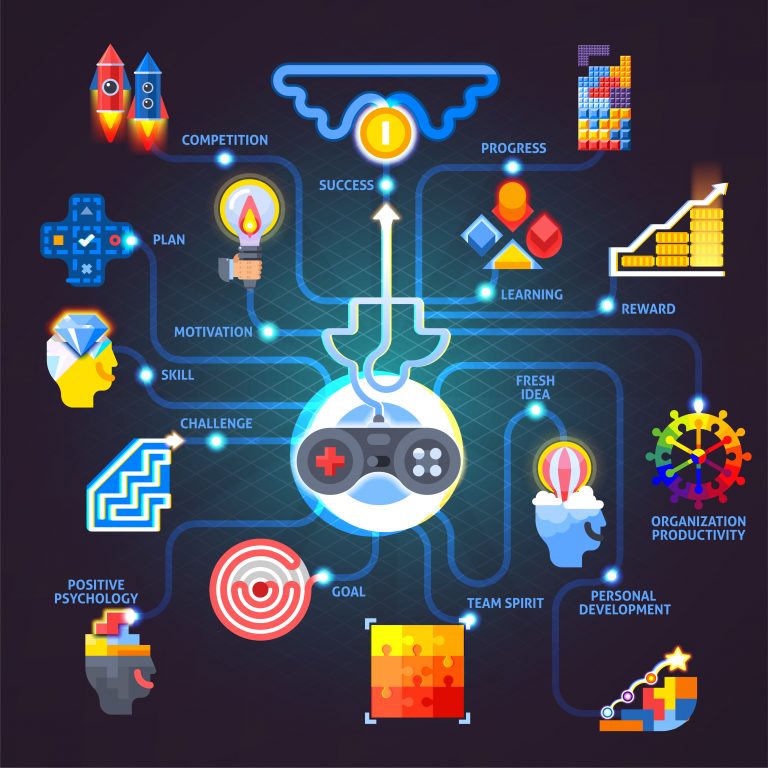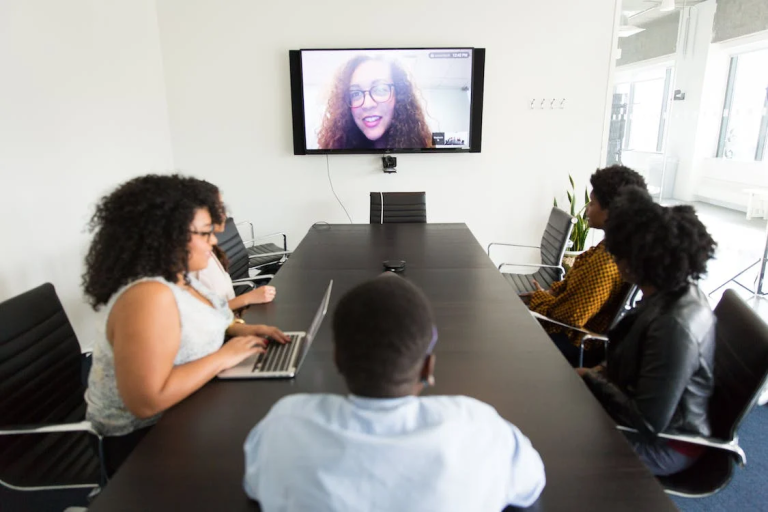1. Escape the bias trap: Why reflection matters now more than ever
Our minds, whether we like it or not, are as much governed by our own algorithms as the bots are for our social media interactions. It’s an unpleasant truth that is surpassed only by the greater discomfort you feel when you do reflect on actions you’ve taken – and discover how a pre-existing bias led to the decision being the totally wrong one to take under the circumstances.
2. Update your maps: When familiar paths no longer serve us
The problem arises when the map becomes outdated, like when we get promoted and our terms of reference change. The map no longer fits the new, expanded landscape exactly and starts to become a liability rather than an asset. Those of us who can remember life before GPS on our cellphones will remember this literally happening with the old city map books when suburbs started being cordoned off by residents or developers built brand new developments in what had been open country. You couldn’t travel on auto pilot anymore because the roads might dead end or not exist any more at all.
The higher up you get promoted, the worse it gets because the complexity of your terrain increases in scope and scale. Sadly, there are very few CEOs that openly lean into this phenomenon and tell their subordinates that they are taking time to learn the new lay of the land before making decisions. Instead, they commission canny consultants as proxy bearers of knowledge – though not always wisdom – as new CEOs try to buy time to map and work with the complexity.
3. Embrace the messy middle: Learning through trial and error
Getting the information together is the “what?” part of the process, the reflection is the “so what?” part. The answers you get lead to the plan, which is the “now what?” part. It’s a dynamic process because maybe what you thought was the problem wasn’t the problem at all, maybe the questions you asked gave you answers you didn’t expect and so the circle continues, because each time you apply a new plan, you observe and suffer the consequences – or enjoy the benefits – of it and adapt accordingly.
It’s literally how we evolve as humans and as businesses. In the process we recalibrate those internal algorithms which are based on our experiences and update the mental maps of the terrain we must traverse.
4. Free your tortoise mind: Epiphanies through slow, contemplative thinking
5. Breaking free: Confronting assumptions to unlock your growth
Ultimately the choice comes down to whether you can afford to go on as you are or decide to change course now. Face a little discomfort and see the new directions beyond what you fear – trust the process; trust yourself. Your mind is set up to deal with complexity even if you think you aren’t.
If you’ve never done it before, think a little deeper about your business, the society you live in, the life you live, and yourself and how they all fit together or find out why they don’t.


























